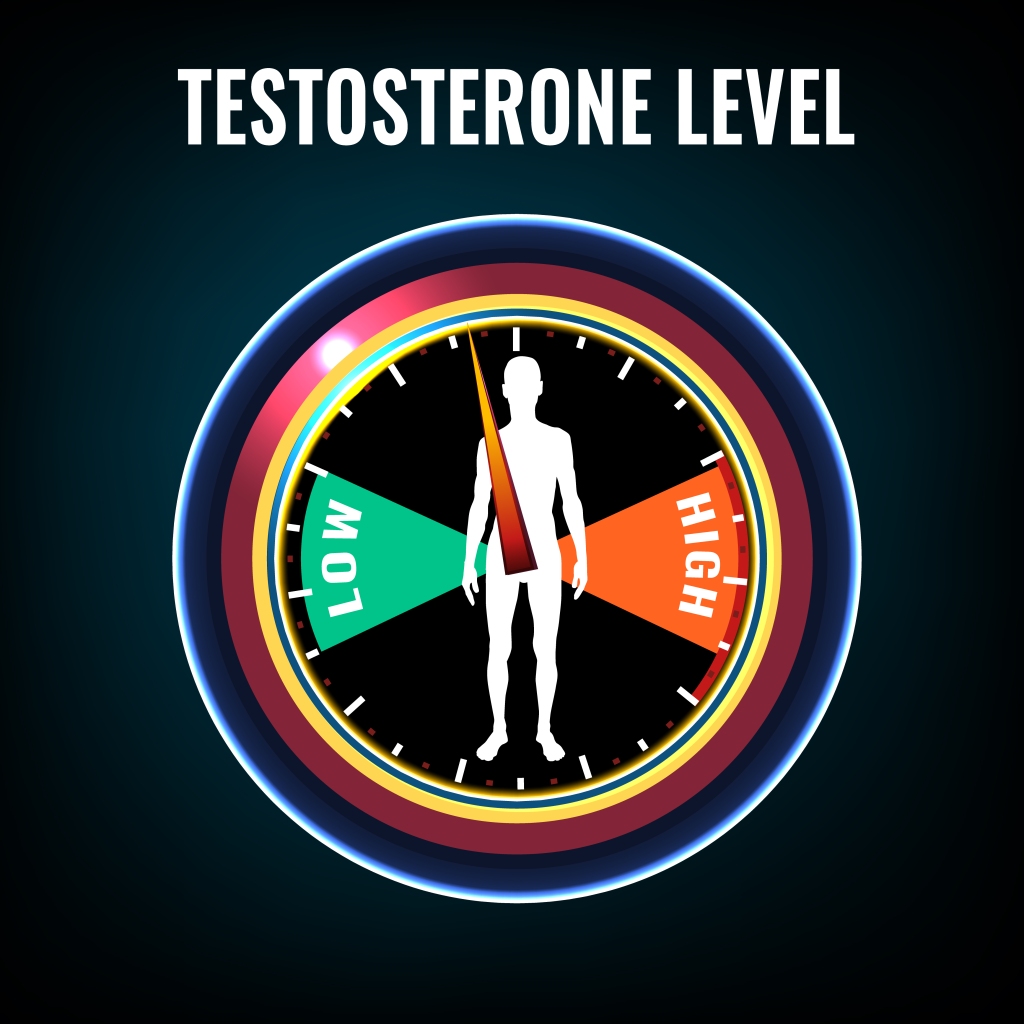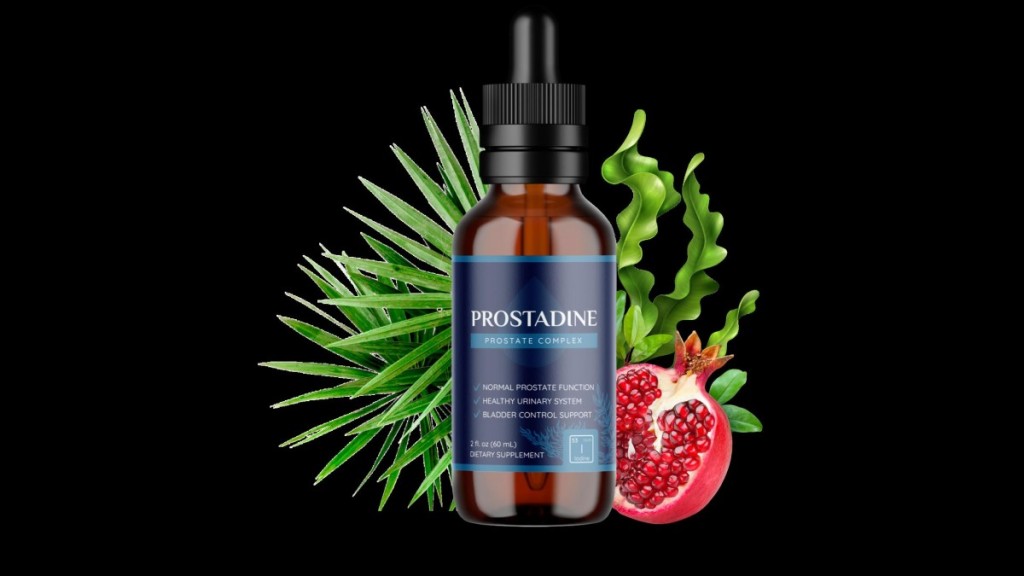
Testosterone, the primary male hormone, plays a crucial role in men’s overall health and well-being. It impacts various bodily functions, including muscle mass, bone density, mood regulation, and sexual function. Unfortunately, testosterone levels can decline naturally as men age, leading to a range of symptoms that can impact their quality of life. Many times I hear men with “Low T” say they feel as if their manhood was declining. As a man, you can feel less than which can lead to a multitude of mental and physical issues. As you age, It’s imperative to focus on your health and ensure you are not showing signs of Low T. There are 10 sure symptoms to look out for if you fear you may have low testosterone:
1. Fatigue/Decreased Energy
One of the earliest signs of low testosterone is persistent fatigue and decreased energy levels. Men with low testosterone often experience a lack of motivation, reduced stamina, and difficulty concentrating. Engaging in regular physical activity, getting enough sleep, and managing stress can help boost energy levels and combat fatigue.
2. Reduced Muscle Mass/Strength
Testosterone plays a vital role in maintaining muscle mass and strength. Men with low testosterone may notice a decline in muscle bulk and find it harder to build and maintain muscle. To counteract this, incorporating resistance training and strength exercises into your fitness routine can help increase testosterone production and promote muscle growth.
3. Increased Body Fat
Low testosterone levels can lead to an increase in body fat, particularly in the abdominal area. This shift in body composition can negatively affect self-esteem and contribute to a range of health issues. Combining regular exercise, a balanced diet, and portion control can help manage body fat and support healthy testosterone levels.
4. Mood Changes/Depression
Testosterone plays a crucial role in regulating mood and mental well-being. Low testosterone levels can lead to mood swings, irritability, and even depression. Engaging in stress-reducing activities, such as meditation or counseling, and maintaining a healthy lifestyle can positively impact mood and overall mental health.
5. Decreased Libido/Erectile Dysfunction
Testosterone is vital for maintaining a healthy sex drive and erectile function. Men with low testosterone often experience a decrease in libido and may struggle with erectile dysfunction. Adopting a healthy lifestyle, managing stress levels, and discussing concerns with a healthcare professional can help address these issues.
6. Decreased Bone Density
Testosterone plays a crucial role in maintaining bone density and strength. Low testosterone levels can contribute to a higher risk of osteoporosis and fractures. Regular weight-bearing exercises, such as walking or weightlifting, and ensuring an adequate intake of calcium and vitamin D can support bone health.
8. Cognitive Decline
Testosterone influences cognitive function, memory, and concentration. Men with low testosterone may experience a decline in cognitive abilities, including memory loss and difficulty focusing. Engaging in mentally stimulating activities, such as puzzles or learning new skills, and adopting a healthy lifestyle can support brain health.
9. Interrupted Sleeping Patterns
Low testosterone levels can disrupt sleep patterns, leading to insomnia or poor sleep quality. Establishing a regular sleep routine, creating a comfortable sleep environment, and implementing relaxation techniques can promote better sleep and optimize testosterone production.
10. Lack of Motivation and Confidence
Testosterone is closely linked to motivation, self-confidence, and a sense of well-being. Low testosterone levels can lead to decreased motivation and reduced self-confidence. Engaging in activities you enjoy, setting achievable goals, and seeking support from loved ones can boost motivation and improve overall confidence.
Ways To Increase Testosterone

Prostadine
- Helps maintain normal prostate function
- One drop contains nine powerful natural ingredients
- Clinically Proven, plant based, all natural ingredients
Thankfully having Low T is not a death sentence. It is very possible with some lifestyle changes you can get back to your old self. You may even feel like you’re in high school again. There are many different paths one can take in order to feel like themselves again but here are some basic things you can do to increase your testosterone
1. Regular Exercise
Engage in both cardiovascular and resistance exercises, such as weightlifting, to stimulate testosterone production.
2. Maintain A Healthy Weight
Excess body fat can contribute to low testosterone levels, so strive to maintain a healthy weight through a balanced diet and regular exercise.
3. Consume A Nutrient-Rich Diet
Include foods rich in zinc, vitamin D, healthy fats, and protein, such as lean meats, fish, nuts, seeds, and leafy green vegetables, to support testosterone production.
4. Get Enough Sleep
Aim for 7-9 hours of quality sleep each night to optimize testosterone levels.
5. Manage Stress Levels
High-stress levels can contribute to low testosterone levels, so practice stress management techniques like meditation, deep breathing, or engaging in hobbies.
6. Limit Alcohol Consumption
Excessive alcohol consumption can lower testosterone levels, so moderate your intake or consider abstaining altogether.
7. Consider Supplements
Certain natural supplements, such as D-aspartic acid, fenugreek, and ashwagandha, may help boost testosterone levels, but consult with a healthcare professional before starting any supplementation.
8. Maintain Healthy Relationships
Healthy social connections and emotional support can positively impact testosterone levels.
9. Avoid Exposure To Endocrine Disruptor’s
Minimize exposure to chemicals found in plastics, pesticides, and personal care products that can interfere with hormone balance.
10. Consult A Healthcare Professional
If you suspect low testosterone, consult with a healthcare professional who can perform a comprehensive evaluation and discuss appropriate treatment options.
Recognizing the signs and symptoms of low testosterone is crucial for men to maintain optimal health and well-being. By adopting a healthy lifestyle, incorporating regular exercise, managing stress levels, and making dietary adjustments, men can naturally boost testosterone production and alleviate associated symptoms. If symptoms persist or significantly impact daily life, it is essential to seek guidance from a healthcare professional who can provide appropriate diagnosis and treatment options. Remember, understanding your body and taking proactive steps can lead to a healthier, more fulfilling life.

Leave a comment